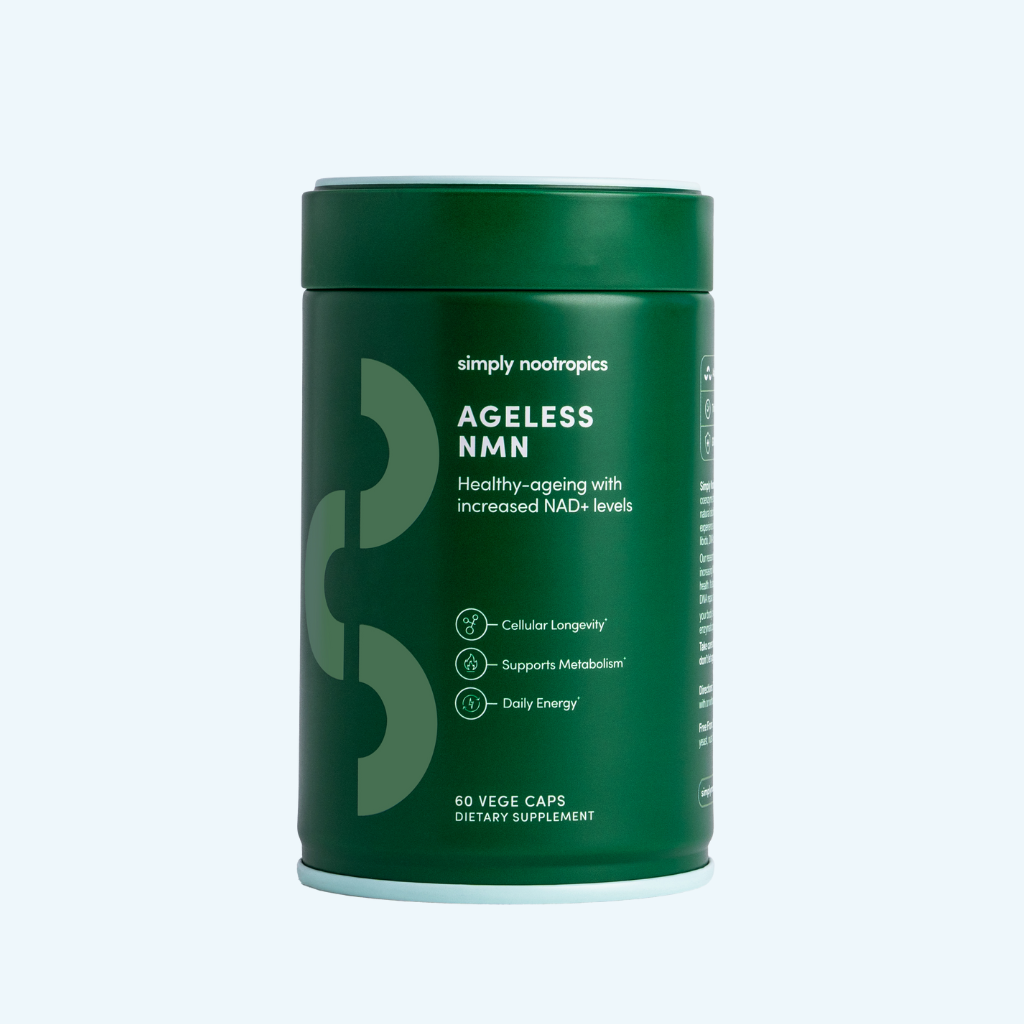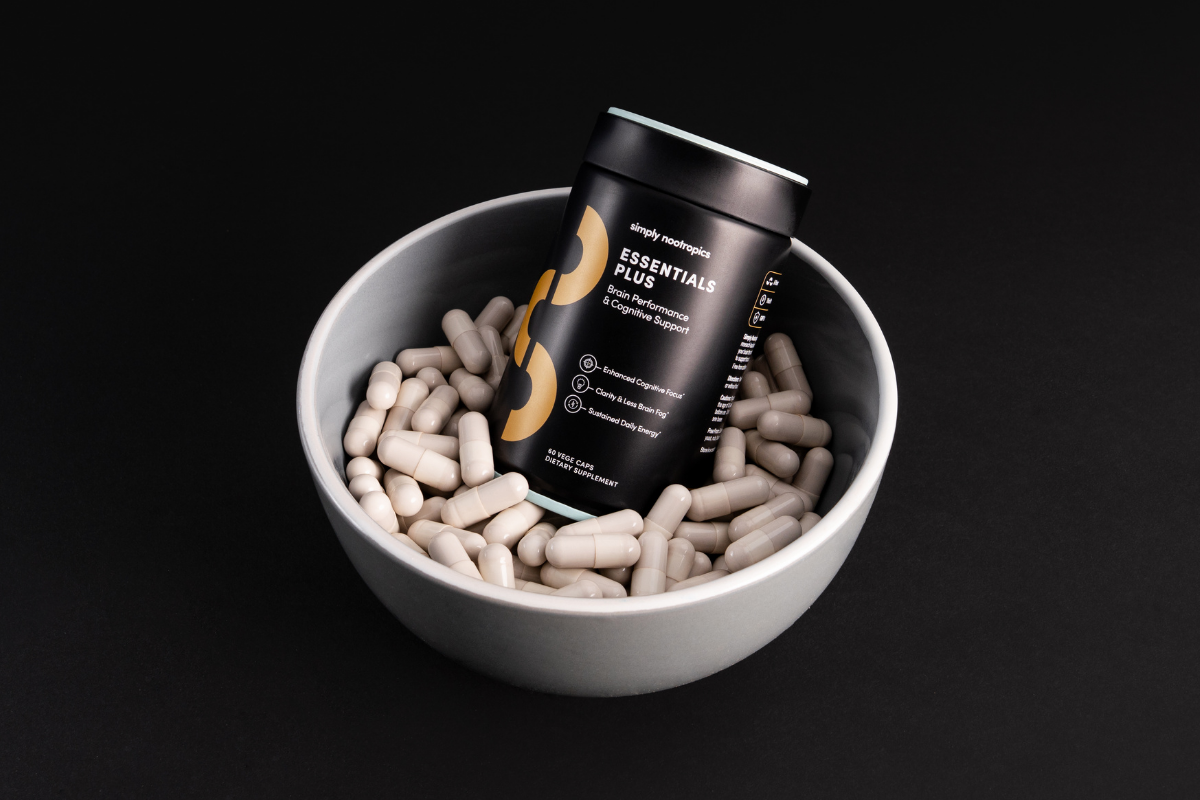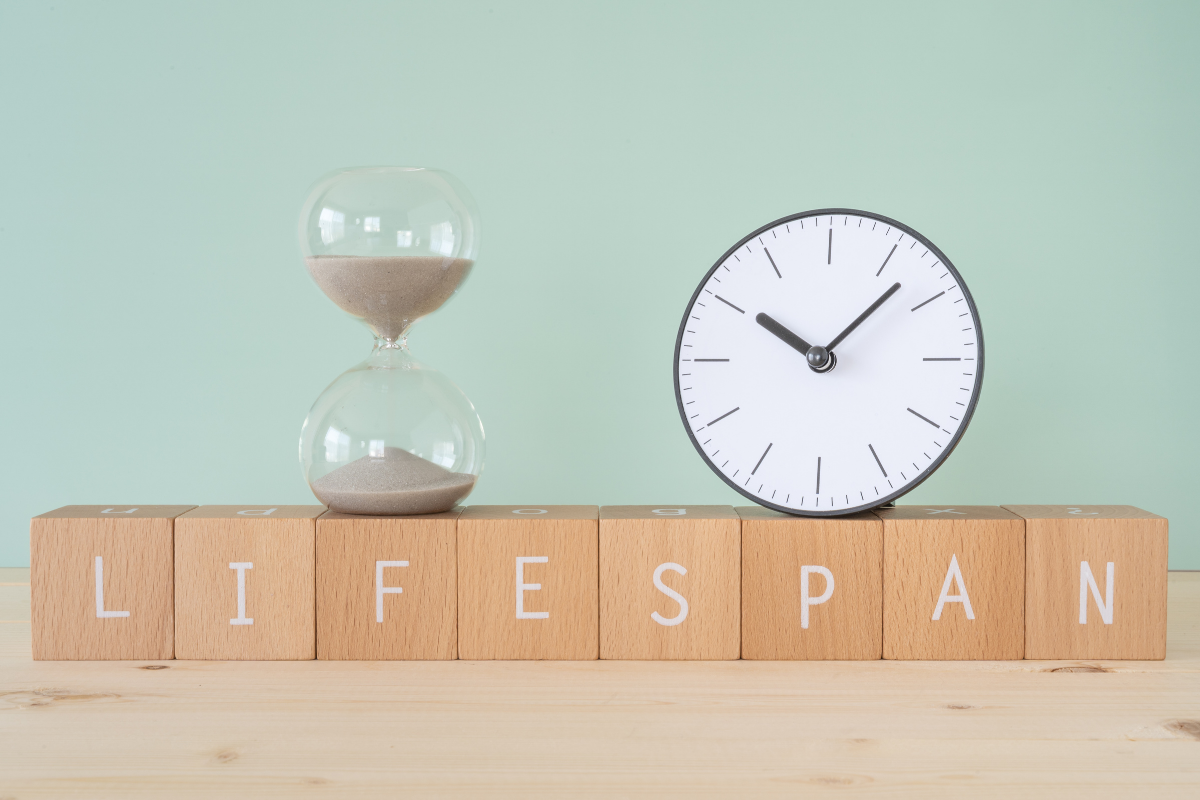Welcome back to Longevity News, your weekly look at how science keeps rewriting what it means to age well. This week, we’re exploring how sleepiness could predict cognitive recovery after surgery, how a natural sweetener may help regrow hair, why the Mediterranean diet protects more than your heart, and how a mother’s voice shapes the brains of premature babies.
Each story comes back to one theme: small, everyday experiences - how you rest, eat, or connect - shape the trajectory of long-term health.
-
Sleepy Days, Slower Minds
New research from Duke University suggests that people over 60 who struggle with excessive daytime sleepiness may face greater risks of memory and thinking problems after surgery. The study, presented at the ANESTHESIOLOGY 2025 meeting, found that older adults who frequently doze off during the day were more likely to experience postoperative neurocognitive disorders (PNDs) - temporary or lasting declines in awareness and memory that can follow major surgery.
PNDs affect up to 40 percent of older patients and are often mistaken for normal confusion or fatigue. But the study’s lead author, Dr. Jeffry Takla, notes that even simple screening questions like “Do you often fall asleep during the day?” could reveal important clues about brain health.
In the trial, 96 older adults scheduled for non-cardiac surgery completed a sleepiness questionnaire and cognitive tests before and after surgery. Those with moderate to severe daytime sleepiness were significantly more likely to show global cognitive decline six weeks later.
The message is simple but overlooked: excessive sleepiness isn’t a normal part of ageing. It can signal poor sleep quality, undiagnosed sleep disorders, or medication effects, all of which can influence how the brain recovers from stress. Better pre-surgery sleep assessment, researchers argue, could prevent lasting cognitive setbacks.
-
Sweet News for Hair Loss
In the lab, a natural compound from the Stevia plant, better known for sweetening your coffee, has been helping regrow hair. Researchers at the University of Sydney discovered that stevioside, when combined with the common hair-loss drug minoxidil, dramatically improves how well the treatment penetrates the skin.
The team created a dissolving microneedle patch infused with both compounds and tested it on mice with alopecia. The result: faster follicle regeneration and visible new hair growth.
Minoxidil, while effective for some, has long been limited by its poor skin absorption. By improving delivery through a natural carrier, scientists hope to make treatments that are not only more effective but also gentler and easier to use.
If future trials in humans confirm the results, this could represent a new wave of “nature-assisted” therapies, where plant molecules enhance the precision of conventional medicine.
-
Eat Like the Mediterranean, Smile Like One Too
A team from King’s College London has found that a Mediterranean-style diet, rich in fruits, vegetables, legumes, and olive oil, may do more than protect your heart. It could also help keep your gums healthy and inflammation low.
In their study of 200 adults, those who regularly ate red meat and fewer plant-based foods showed higher levels of inflammation markers such as interleukin-6 (IL-6) and C-reactive protein (CRP), along with more severe gum problems. Participants who ate more plant-rich, Mediterranean-style meals had lower inflammation and healthier gums overall.
The connection isn’t just local. Chronic gum inflammation has been linked to systemic health issues, including cardiovascular and metabolic diseases. By supporting a healthier immune response, the Mediterranean diet may be protecting both the mouth and the body’s wider ecosystem.
-
The Sound That Shapes a Brain
At Stanford Medicine, researchers have discovered something extraordinary: hearing your mother’s voice may physically shape the developing brain of a premature baby.
In their study, premature infants in hospital incubators regularly listened to recordings of their mothers reading aloud. MRI scans later showed that a key language-processing pathway in the brain, the left arcuate fasciculus, was significantly more developed compared with babies who didn’t hear the recordings.
The intervention was brief: just under three hours of maternal speech a day over a few weeks. Yet the difference in brain maturation was striking, offering the first causal evidence that exposure to a parent’s voice can accelerate neural development even before discharge.
It’s an insight that could change neonatal care. While parents can’t always be present in the hospital, voice recordings could help fill the sensory gap, providing comfort and cognitive stimulation during a critical period of growth.
Why Sleepiness Starts at Night
Daytime sleepiness doesn’t begin in the morning, it begins the night before. When sleep is fragmented or shallow, the brain fails to complete its nightly repair cycle. Instead of clearing out metabolic waste, balancing neurotransmitters, and consolidating memories, it wakes up half-finished. The result is that heavy, foggy fatigue many older adults describe as “tired but wired.”
Sleep researchers call this sleep architecture breakdown: too little deep sleep, too many brief awakenings, and a weakened circadian rhythm. Over time, it doesn’t just cause drowsiness; it affects attention, reaction time, and even metabolic health. Dr. Takla’s findings remind us that what looks like a daytime issue often points to a nocturnal imbalance.
Fortunately, that cycle can be rebuilt. Small changes, like consistent bedtimes, lower evening light exposure, and nutritional support for the body’s own relaxation chemistry, can help restore the deep phases of sleep that drive cognitive resilience.
Product Spotlight: Genius Sleep
Deep, restorative rest isn’t just about the hours you spend in bed, it’s about what happens inside your brain while you sleep. Genius Sleep is formulated to support the chemistry behind that process, combining Reishi Mushroom, Magnesium Bisglycinate, L-Theanine, L-Tryptophan, Tart Cherry, Passionflower, and Zinc to calm the nervous system and promote natural circadian balance.
By improving sleep quality at night, Genius Sleep helps reduce the kind of daytime sleepiness linked to cognitive decline in older adults. Better rest means better recovery, stronger memory, and sharper focus when it counts. Because the best way to stay awake during the day is to truly sleep at night.
















